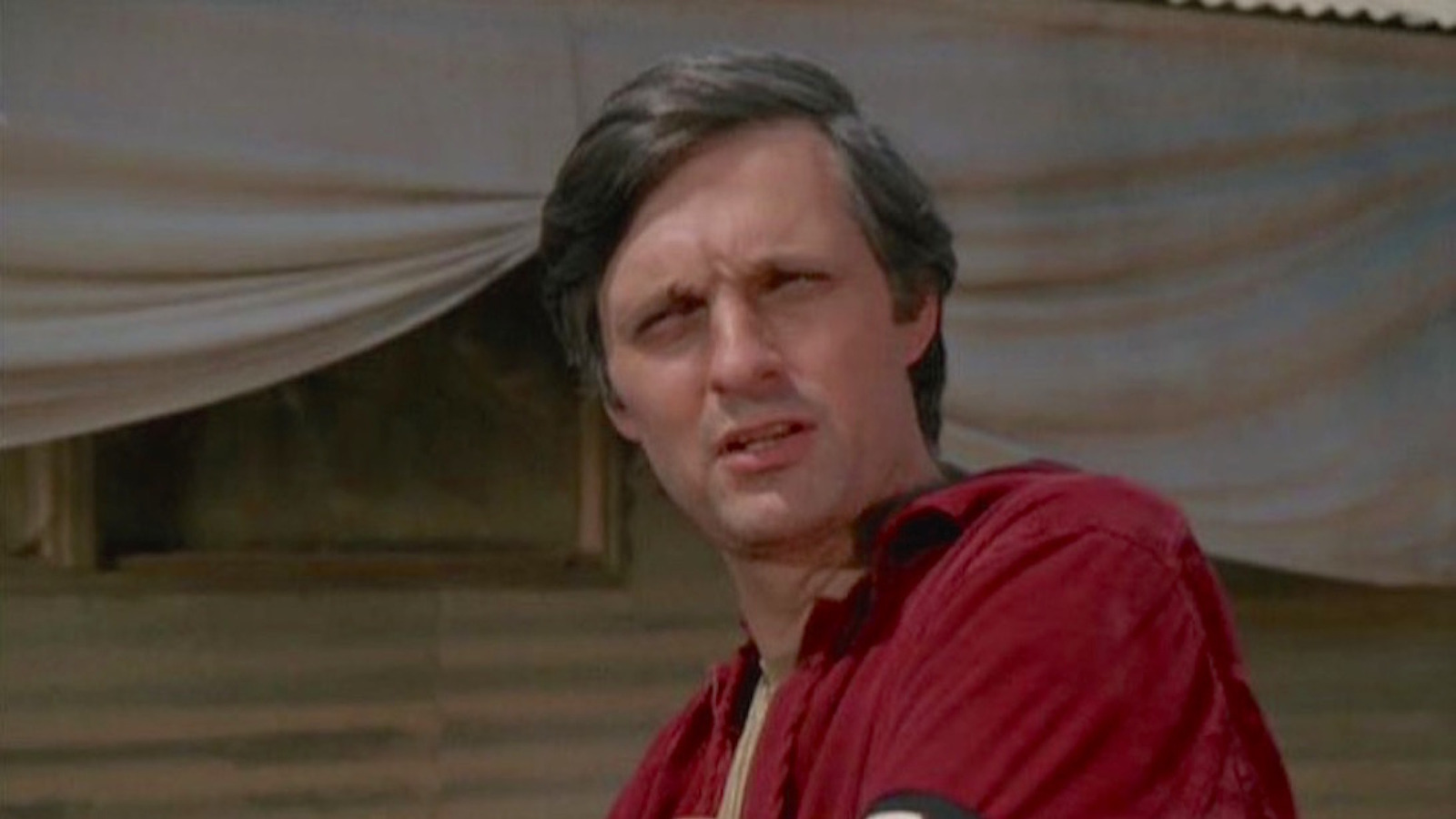
Alan Alda Expressed Major Concerns About His Role in M*A*S*H
The iconic sitcom M*A*S*H has etched itself into television history as one of the most cherished series ever, but during its initial development in the early 1970s, uncertainty loomed over the project. Alan Alda, who portrayed Captain Benjamin Franklin “Hawkeye” Pierce, had significant reservations in the beginning, even though he ultimately became a pivotal force behind the show’s success, contributing as a writer and director while being the only cast member featured in every single episode. Despite witnessing numerous cast shifts and the departure of one of the show’s creators after the fourth season, Alda emerged as the guiding light, embodying the series’ emotional core and ethical compass.
Over the years, Alda has shared insights into his early doubts about taking on a leading role in M*A*S*H, most of which centered around the portrayal of wartime experiences. Having served as an officer in Korea shortly after the conflict concluded, Alda was determined to ensure that the series presented an authentic representation of the violence associated with war. He understood firsthand the lasting scars the war left on soldiers, the land, and the Korean people, and he expressed to NPR that he wanted the reality of these experiences to resonate throughout the show. Alda stated, “I understood just from doing that that when you’re in a war, it’s real. It’s the real thing. People are going to get killed or lose their arms and legs. And when we did M*A*S*H, I wanted to make sure that at least that understanding that I had came out—that that’s what we dealt with, and that we didn’t gloss over that and make the show about how funny things were in the mess tent.”
In addition to his concern about presenting a comedic depiction of wartime life, Alda feared that M*A*S*H could inadvertently promote a pro-war sentiment. In Raymond Strait’s biography of the actor, it was highlighted that Alda’s greatest anxiety was that the show might serve as a thirty-minute advertisement for military service. Fortunately, after discussions with the show’s creators, Larry Gelbart and Gene Reynolds, they collectively agreed on a vision to portray the harsh truths of war without glorifying its violence or entirely hiding the grim realities.
This decision proved to be somewhat contentious among previous figures associated with M*A*S*H, though the show ultimately thrived, running for 11 successful seasons and setting unbeatable records. Despite the widespread acclaim, not everyone was on board—particularly Robert Altman, who directed the original 1970 film, and Richard Hornberger, the author of the source material. Hornberger held a strong pro-military stance in his writing, while Altman’s adaptation showcased the rawness of war, notably emphasizing sex and violence with little regard for their broader implications. Altman criticized the series as racist, despite M*A*S*H’s generally compassionate portrayal of both South and North Korean characters. Meanwhile, Hornberger expressed disdain for Alda’s liberal ideologies influencing his character of Hawkeye.
In the end, Alda’s forethought and influence on M*A*S*H contributed significantly to its longevity, securing its place in the hearts of viewers more than half a century after it first premiered.



